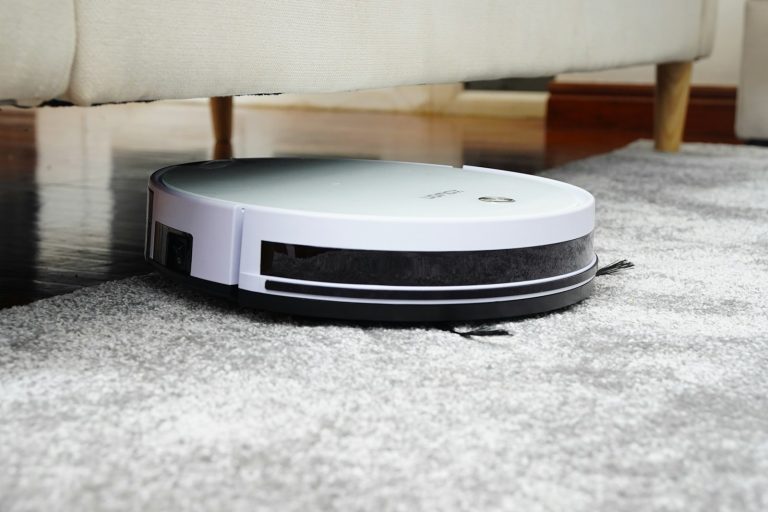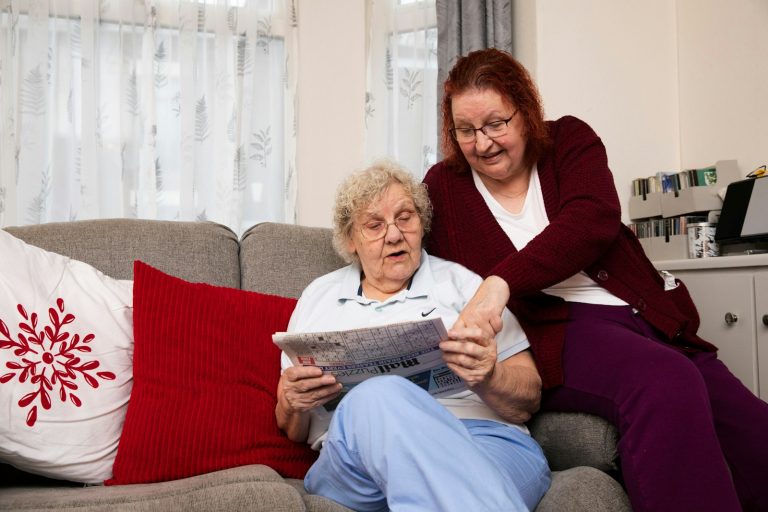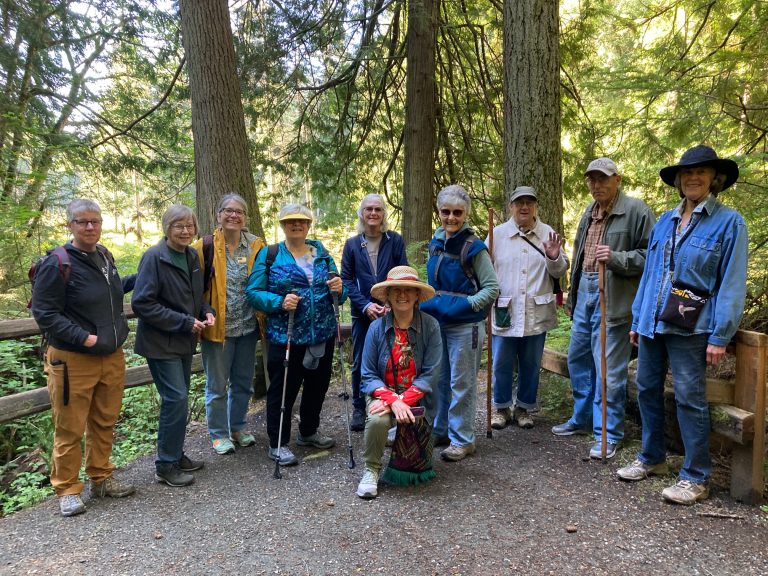
Compassion Fatigue and Lifelines for Caregivers, by Kris Mason of Echo Valley, WA, is published in the Fall, 2025 edition of Vibrant Senior Options Resource Guide.
The Power of Adult Day Care, In-Home Support, and Respite
Jane*has a mother who is aging and has multiple health challenges that need consistent and caring attention. As a daughter, Jane finds that being a caretaker for her mother is one of the most meaningful things she can do. However, the truth be told, Jane has become emotionally drained, physically exhausted, and downright overwhelmed. Because of her commitment to helping her mother, she ignores these symptoms and keeps the status quo of care.
Jane is thinking, “Things will get better, and I will get to personal shopping next week.”
Although she has not identified the seriousness of her waning strength, Jane does sense herself becoming impatient and exhausted. Yet she believes that no one else could care for her mother as much as she does.
Compassion Fatigue
While the concept of caring for a parent is rewarding, this mindset may lead to Compassion Fatigue. That is, a state of depletion that goes beyond burnout. It’s what happens when your empathy tank runs dry.
Like many family caregivers, Jane felt guilty even thinking about taking a break. But the truth is, no one can pour from an empty cup. To be present and effective in your caregiving role, you need regular times to rest and replenish. That’s where help – from adult daycare, in-home caregivers, and respite facilities – comes in—not as luxuries, but as lifelines.
Lifelines for Caregivers
- Adult Day Care programs have structured, supportive environments where your loved one can engage in safe, enriching activities while receiving supervision and care. It’s a win-win: they get stimulation and connection; you get a few hours to breathe, regroup, or take care of your own life.
In-Home Caregivers provide professional support right in your home. Whether it’s help with bathing, medications, mobility, or companionship, these services lighten the load and ensure your loved one’s needs are met, even when you need to step away. And because it happens in the comfort of your own home, transitions are often easier for everyone.
Respite facilities offer temporary stays ranging from a few days to several weeks. Whether you’re traveling, recovering from surgery, or needing an extended break from 24/7 care, respite stays provide peace of mind and professional support. They’re also a great way to explore longer-term care options if you’re starting to consider them.
A Bold Act of Love
What Jane should understand is that she needs to harness the power of other care options to help her survive. She also needs to know that the risk of compassion fatigue is real. It could diminish her ability to care for her mother. Taking a break isn’t just about self-care—it’s about creating a sustainable caregiving plan. Using available support services isn’t a sign of weakness. It’s a bold act of love that says, “I want to do this well, for the long haul.”
Show Up with Compassion, Not Compassion Fatigue
Caregiving is a marathon, not a sprint. Building in breaks, sharing responsibilities, and honoring your own health ensures that you can continue to show up with compassion, strength, and grace. Scheduling for help and taking breaks are necessary as part of the ongoing caregiving plan. For Jane, this would enable the caregiving relationship to thrive longer, enabling her to love her mother even better! Not only that, but there is also no longer the guilt and health risk of Compassion Fatigue.
If you’re feeling worn thin, don’t wait. Reach out. Ask for help. Your well-being matters as much as, and even impacts, the well-being of your loved one.
Kris Mason
Maple Falls, WA
* Jane: This name is fictional and is added for clarity.




















